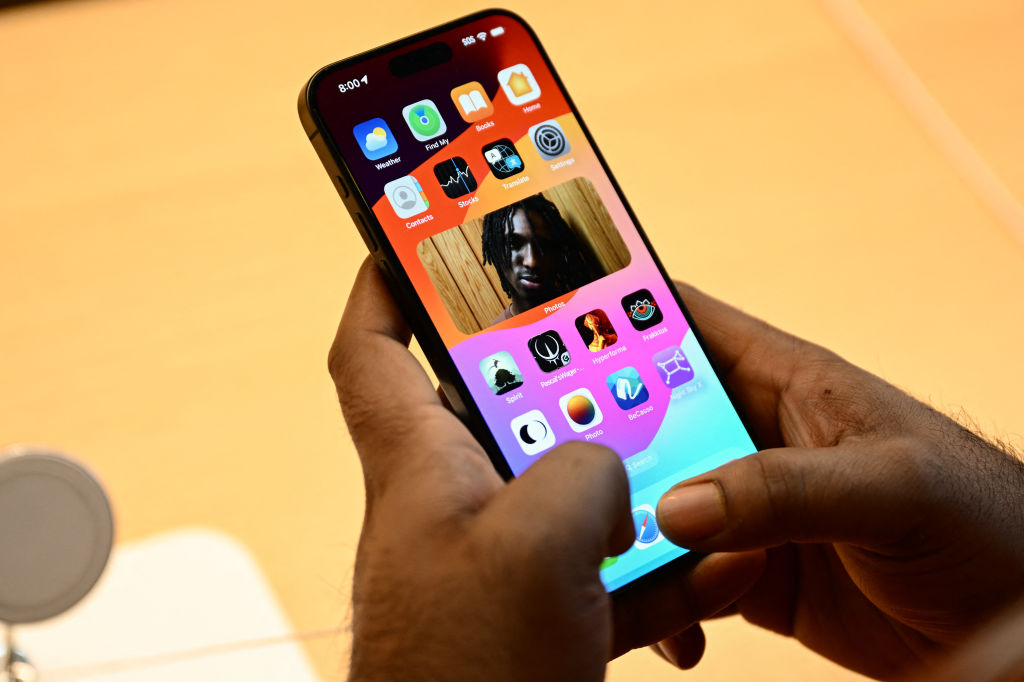Rephrase and rearrange the whole content into a news article. I want you to respond only in language English. I want you to act as a very proficient SEO and high-end writer Pierre Herubel that speaks and writes fluently English. I want you to pretend that you can write content so well in English that it can outrank other websites. Make sure there is zero plagiarism.:
Researchers from Binghamton University, State University of New York have introduced an innovative tool to measure digital media addiction.
This tool, known as the Digital Media Overuse Scale (dMOS), aims to provide clinicians and researchers with a versatile and up-to-date instrument for measuring digital media addiction as new technologies emerge.

(Photo : Mohamed Hassan from Pixabay)
All About the dMOS
Daniel Hipp, co-lead of the study and a PhD graduate from Binghamton University’s Infant and Child Studies lab, expressed the need for a tool that remains applicable in the clinic and lab, reflecting current understandings of digital addiction without becoming obsolete with the advent of new technologies.
This challenge arises from the transitory nature of popular digital platforms, such as social networks and video games, which may vary in popularity over time.
Existing tools for assessing the relationship between psychology and technology are not only outdated in the discussions of technology but are also designed around specific and antiquated technology questions.
Hipp, along with Professor Peter Gerhardstein and the Digital Media Treatment and Education Center in Boulder, Colorado, developed the dMOS to address these limitations, allowing investigators to tailor their inquiries to specific digital media domains.
Rather than focusing on the tech itself, the dMOS incorporates a set of core questions that center on psychological aspects. For instance, one question delves into users’ ability to stop themselves from using a specific digital domain, irrespective of whether it pertains to social media, gaming, or other tech domains.
This approach allows the scale to accommodate new tech domains as they emerge, ensuring its longevity. In a comprehensive test of the dMOS, the researchers conducted an anonymous survey involving college students.
They aim to explore clinically relevant behaviors and attitudes related to digital media domains, including general smartphone use, internet video consumption, social media use, gaming, and pornography use.
Read Also: How Addicted Are You to the Internet? New Study Introduces Internet Addiction Spectrum
Survey Findings
The survey revealed that most students showed few indications of addiction or overuse. Individual users displayed precise usage patterns tailored to particular domains.
A subset of students exhibited attitudes and behaviors related to digital media use that would be considered clinically problematic if linked to other activities.
“Overall, the outcome reveals that overuse is not a general thing; respondents typically reported overuse in one or a few domains only, such as social media,” Gerhardstein said in a statement.
“More broadly, the data paint a picture of a population using digital media substantially, and social media in particular, to a level that increases concern regarding overuse issues,” he added.
The research team is currently expanding the scale to encompass two new tech domains in a follow-up study conducted in collaboration with the Digital Media Treatment and Education Center.
Additionally, they are starting collaborations with other researchers to enhance collective understanding of how human psychology intersects with the evolving digital media landscape. The research team’s findings were published in Technology, Mind, and Behavior journal.
Related Article: Stress From Social Media Use Can Cause Addiction To Social Media, Study Finds
ⓒ 2023 TECHTIMES.com All rights reserved. Do not reproduce without permission.





